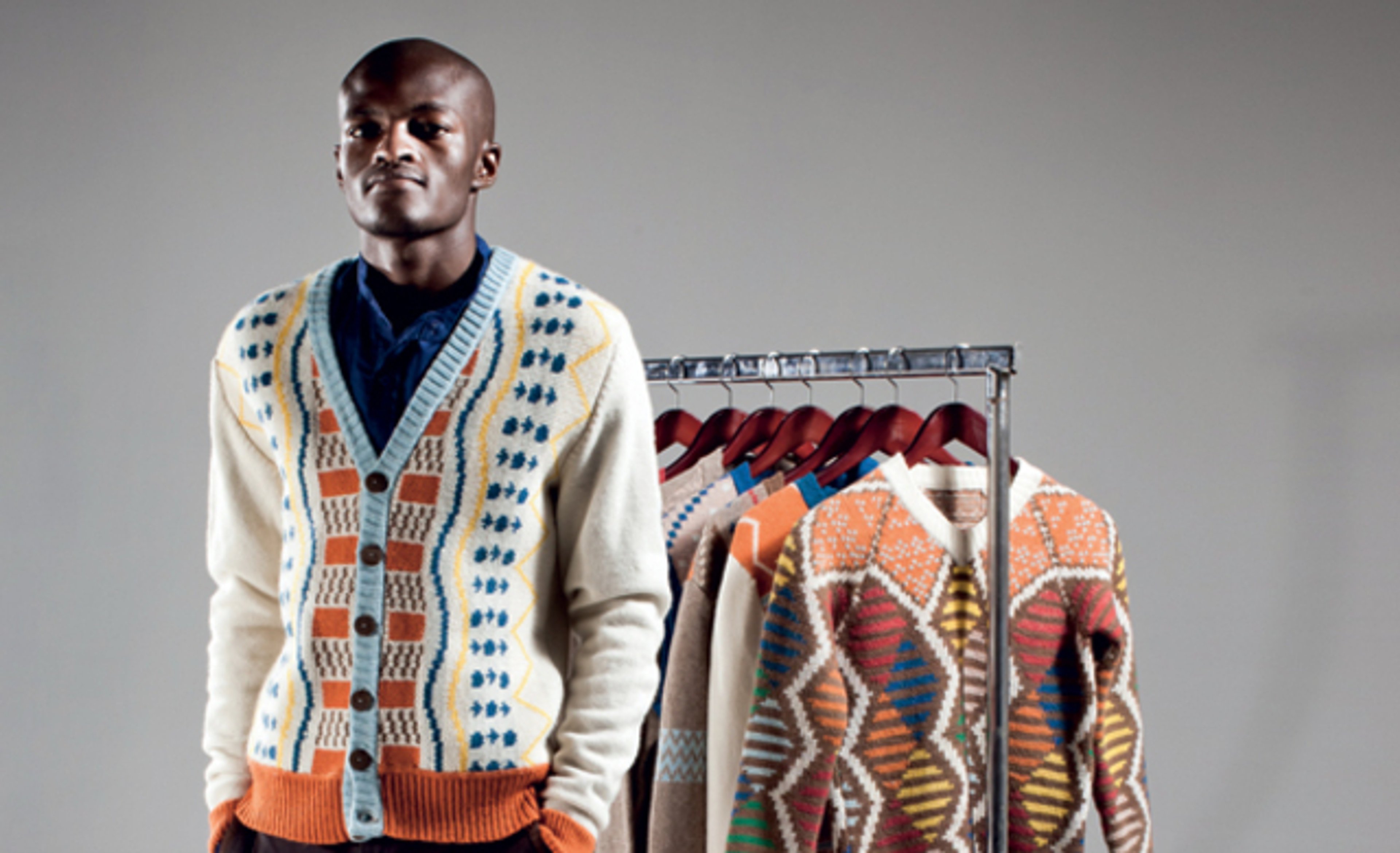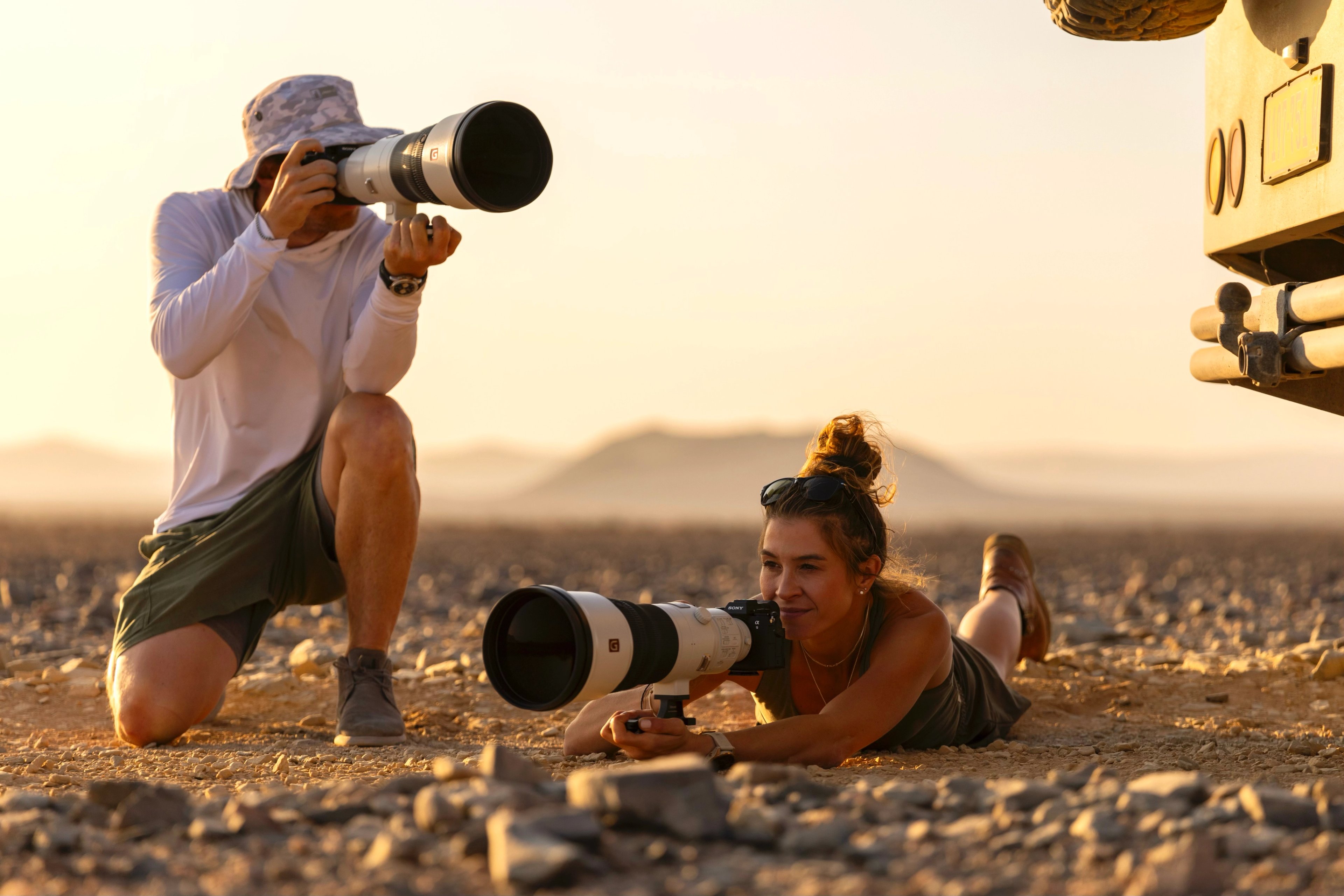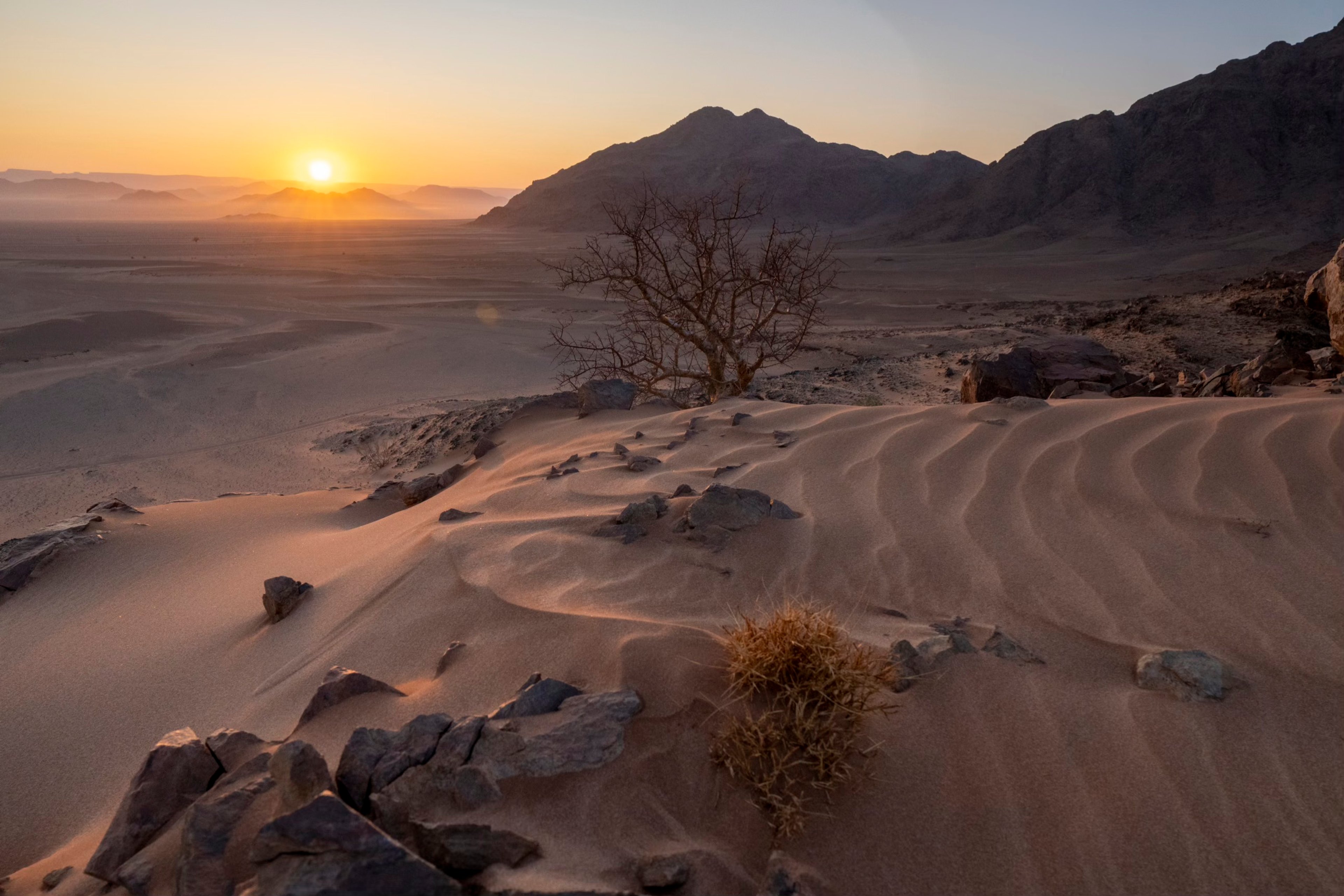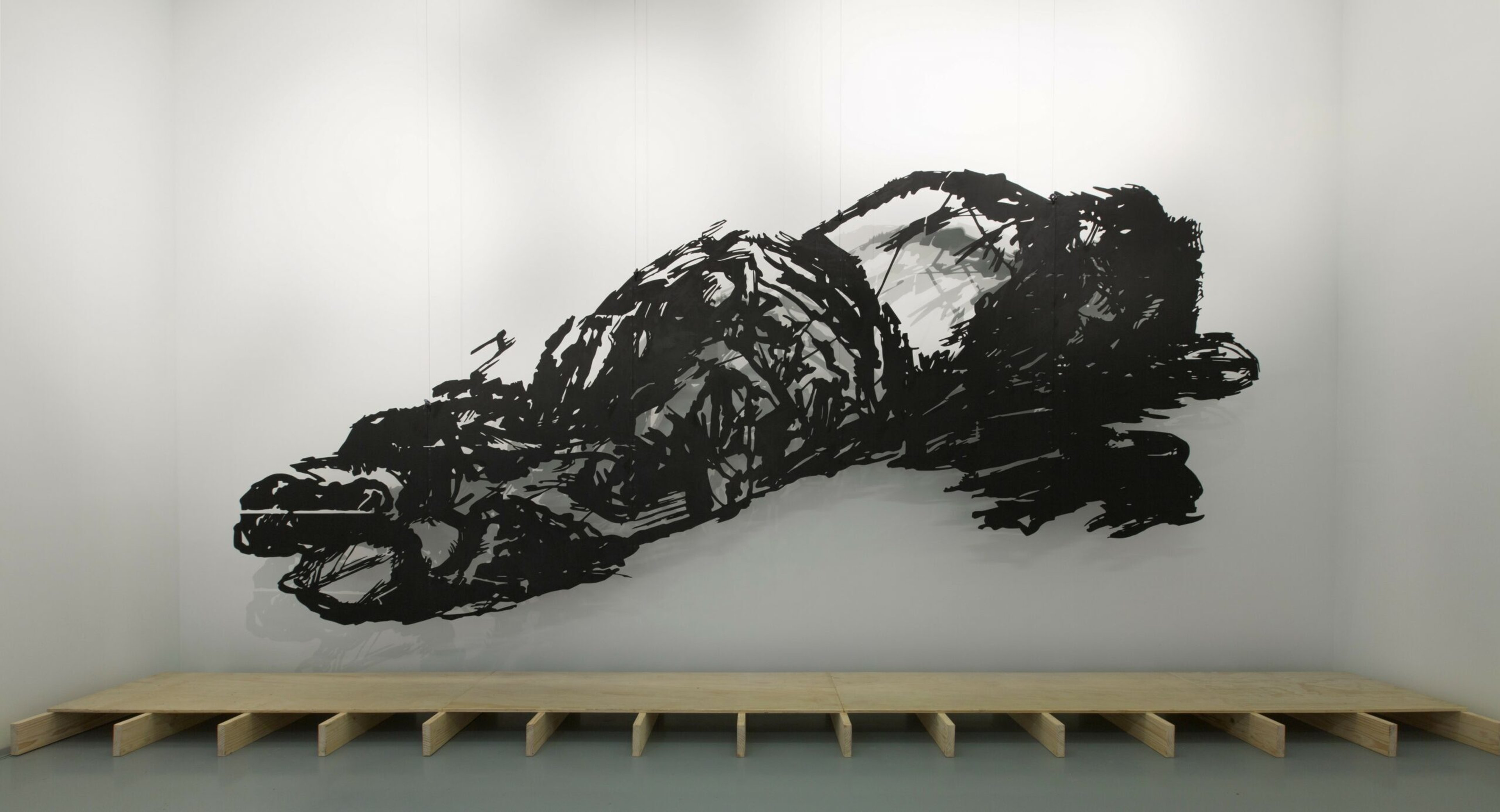For centuries the manifold myths, traditions, art forms and decorative expressions of human history have provided a rich source of inspiration for creative communities the world over – be it Greek, Chinese, Indian, Native American, Iranian, Russian or Norse mythology. In fact, it could be argued that every civilization’s mythology or cultural expression was influenced in part by another culture. Of course, Africa is no exception.
The borrowing of myths across cultures in order to tell the stories that help us to make sense of the world, comes down to curiosity, a trait that makes us uniquely human. While modern times have seen the rapid globalization of an African aesthetic across everything from food to fashion, art, design, music and theatre; there have been all too many instances where ‘cultural appropriation’ has relegated certain ethnic communities into a pithy, one-dimensional Pan-African ‘look’ or misinterpreted a cultural tradition in a way that offends the creators. Not to mention robbing them of their livelihood and pride. And yet, it’s becoming apparent just how fast the tide is turning. In July this year, Louis Vuitton released a redesign Capucine handbag (first introduced by Nicolas Ghesquière in 2013) by none other than South African fashion designer Nicholas Hlobo. And then last month, one of my favorite fashion labels, the luxury South African knitwear brand Maxhosa, showed for the first time at New York Fashion Week – to critical acclaim.
I’ve long admired the genius of Xhosa designer Laduma Ngxokolo, whose luxury knitwear designs capture the vibrant energy, symbolism and aesthetic of the Xhosa culture. It’s hard to believe that it was just seven years ago that Laduma launched his first range, off the back of an academic thesis on the wardrobes of Xhosa initiates. Having himself gone through the traditional Xhosa custom where boys go to the bush to be initiated into manhood, he questioned why post-initiation dress code included knitwear with patterns from England and Scotland, such as Argyle, when there was a plethora of ‘Xhosa beadwork patterns, symbols and colors’, to choose from. His groundbreaking thesis spawned a series of designs so successful, that in a relatively short period of time, Maxhosa has achieved iconic status both at home and abroad. So much so, one of his cable knit sweaters was displayed as part of the Museum of Modern Art ‘Is Fashion Modern?’ exhibit last year, while his kaftans were chosen by actress Florence Kasumba for a pop-up at Bloomingdale’s to coincide with the launch of Disney’s The Lion King, not to mention celebrity endorsements from Beyonce, Alicia Keys and the like.





